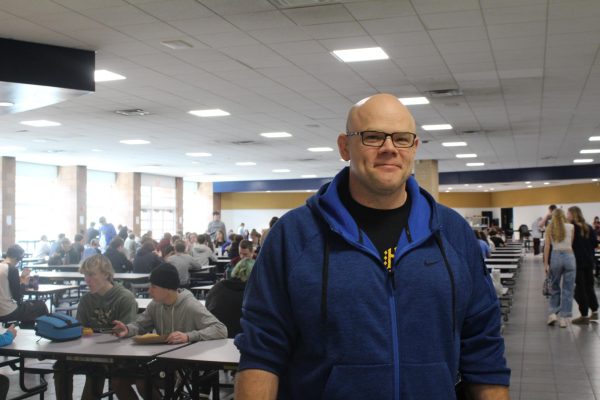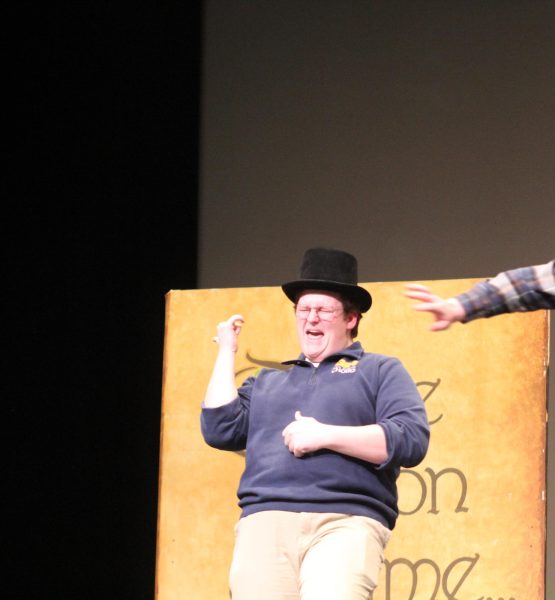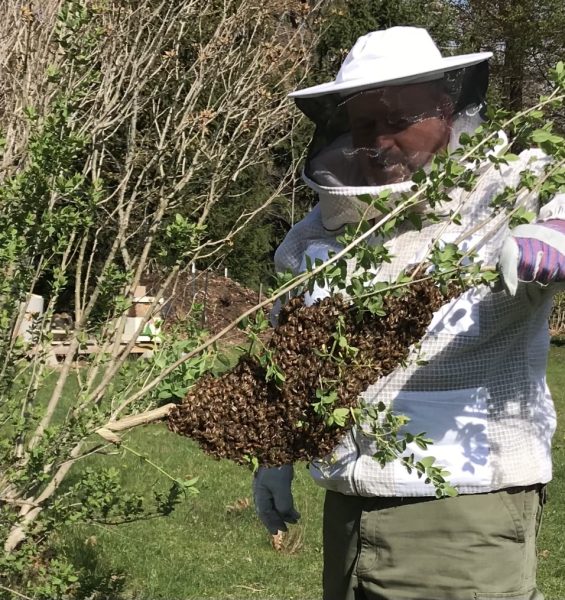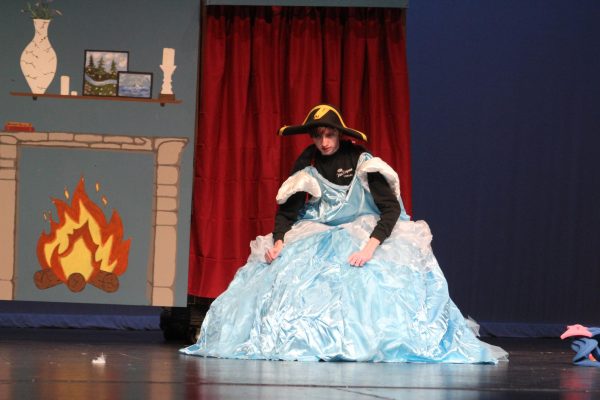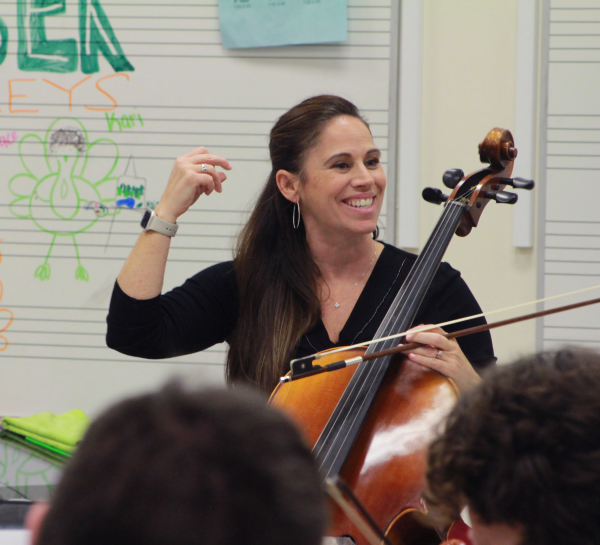Junior Melody Perez maintains positive perspective on Moebius Syndrome

Perez doesn’t give her diagnosis the power to define her. She forms meaningful relationships and lasting memories, such as with social worker Laurel Hotchkiss. “Melody is such an amazing person,” Hotchkiss said. “She cares deeply about others and is always looking for new ways to meet people.”
Getting homework done, maintaining a high GPA, participating in extracurricular activities and having a social life are just a few of the things that high schoolers stress about.
Not junior Melody Perez.
As a child, Perez was diagnosed with Moebius Syndrome. Her worries include how she will talk to people at school.
Moebius Syndrome, named after scientist P.J. Moebius’ discovery in 1892, is a congenital paralysis usually diagnosed at birth. Symptoms may include but are not limited to, cleft palate and difficulty with speech, chewing and swallowing.
The cause is unidentified.
There is no cure.
According to MedlinePlus, “The exact incidence of Moebius syndrome is unknown. Researchers estimate that the condition affects 1 in 50,000 to 500,000 newborns.”
Perez’s greatest area of difficulty is speech. She cannot speak to her peers or even her own family. She uses a text-to-talk system on her phone to communicate.
However, Perez doesn’t let her diagnosis define her. She gets up and faces the world every morning, overcoming any challenges that come her way.
“I don’t consider Moebius syndrome a disability,” Perez said. “I am a normal teen and can still do many of the same things.”
Some of her favorite activities include singing, dancing, fishing and swimming. With the help and support of several teachers and staff members throughout the school, Perez can pursue anything she wants as a student.
The person who has helped Perez the most is her social worker Laurel Hotchkiss. The two have formed a very close bond over the last several years.
[/sidebar]
“I don’t consider Moebius syndrome a disability. I am a normal teen and can still do many of the same things.”
— Melody Perez
“Melody is such an amazing person,” Hotchkiss said. “She cares deeply about others and is always looking for new ways to meet people.”
Although she can meet new friends and talk to them through her text-to-talk setup, she still wishes that things were different and agrees that it has its drawbacks.
“It is helpful so people know what I am thinking and saying, but I really wish I didn’t have to use it,” Perez said. “I want to have friends that get to know me well enough that they can understand me.”
Although Perez’s circumstances aren’t exactly ideal, she has changed her mindset for the better. She even compares her unique right hand to Nemos ‘small fin’. In the movie, ‘Finding Nemo’, Nemo calls his right fin his ‘lucky fin’ because it is a little bit smaller than the left.
“I only have 4 fingers on my right hand,” Perez said. “Nemo has a small fin, so thinking of it that way just works and it’s cute.”
Mindset shifts like this have helped her reshape and put a positive spin on any problem that comes her way.
Perez would like her classmates to educate themselves and advocate for her. The high school has a day each year dedicated to Perez and Moebius Syndrome, students wear purple on this day to show their support.
But more than that, she hopes for her peers to look beyond the diagnosis and see through to her.
“I wish people would come and talk to me. Because I can’t smile, some people might think I’m not happy or I’m emotionless,” Perez said. “I am happy, you just have to get to know me better.”
Perez is an inspiration to everyone around her. She teaches others to look deeper than what is seen only at the surface and that any situation can be turned into something positive.
“Moebius syndrome makes it harder for Mel to reach out and she is very shy,” Hotchkiss said. “But if you give her your time, you will see that she is just like the rest of us; eager to make connections with others.”
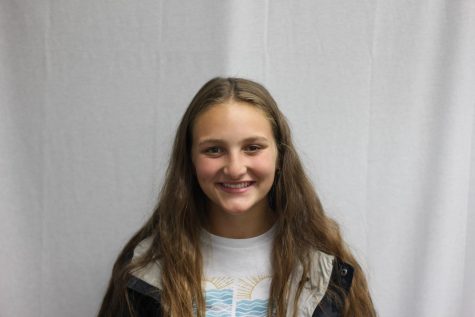
Junior Sarah Mayer is excited for her second year on the Bucs' Blade staff, returning as the News Editor. She enjoys the Blade because of all of the connections...
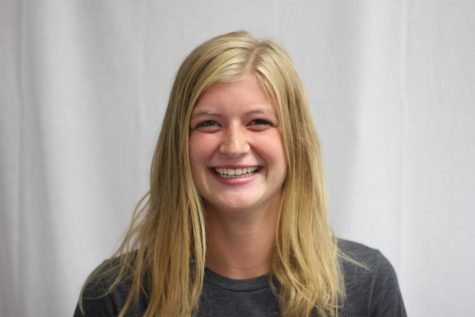
Senior Grace Montgomery is excited for her third year on The Bucs’ Blade staff as Editor In Chief. She hopes to share her perspective with her peers...



